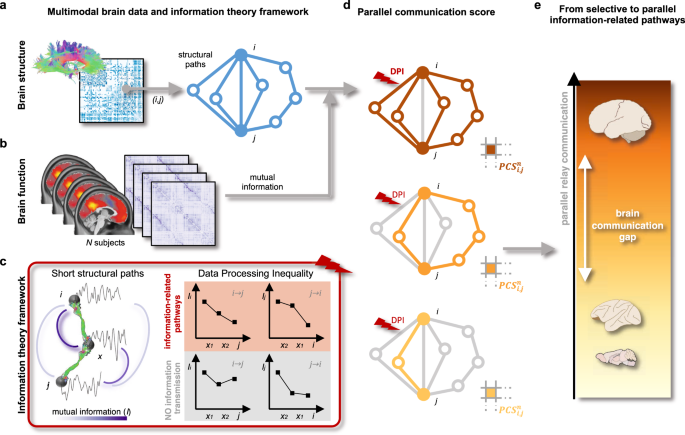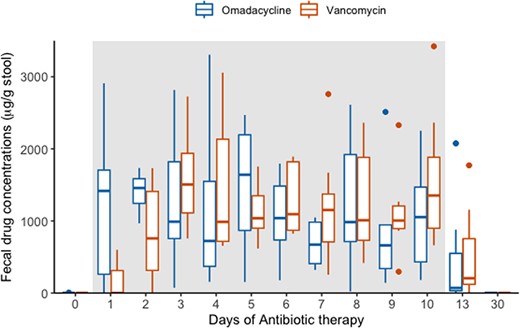2023-12-19 イリノイ大学アーバナ・シャンペーン校
◆植物は根の微生物と共同体を形成し、これが植物の健康と成長に影響を与えます。研究では、植物のゲノムが根周りの微生物叢(rhizosphere microbiome)にどの程度影響するかを理解する必要があり、これがわかれば植物育種を通じてどの微生物と協力するかを制御できる可能性があると指摘されました。
<関連情報>
- https://aces.illinois.edu/news/genetics-host-plants-determine-what-microorganisms-they-attract
- https://www.igb.illinois.edu/article/genetics-host-plants-determine-what-microorganisms-they-attract
- https://microbiomejournal.biomedcentral.com/articles/10.1186/s40168-023-01646-3
宿主の遺伝的変異が在来ススキ根関連マイクロバイオームの生態学的役割の分化を促進する Host genetic variation drives the differentiation in the ecological role of the native Miscanthus root-associated microbiome
Niuniu Ji,Di Liang,Lindsay V. Clark,Erik J. Sacks & Angela D. Kent
Microbiome Published:30 September 2023
DOI:https://doi.org/10.1186/s40168-023-01646-3

Abstract
Background
Microbiome recruitment is influenced by plant host, but how host plant impacts the assembly, functions, and interactions of perennial plant root microbiomes is poorly understood. Here we examined prokaryotic and fungal communities between rhizosphere soils and the root endophytic compartment in two native Miscanthus species (Miscanthus sinensis and Miscanthus floridulus) of Taiwan and further explored the roles of host plant on root-associated microbiomes.
Results
Our results suggest that host plant genetic variation, edaphic factors, and site had effects on the root endophytic and rhizosphere soil microbial community compositions in both Miscanthus sinensis and Miscanthus floridulus, with a greater effect of plant genetic variation observed for the root endophytic communities. Host plant genetic variation also exerted a stronger effect on core prokaryotic communities than on non-core prokaryotic communities in each microhabitat of two Miscanthus species. From rhizosphere soils to root endophytes, prokaryotic co-occurrence network stability increased, but fungal co-occurrence network stability decreased. Furthermore, we found root endophytic microbial communities in two Miscanthus species were more strongly driven by deterministic processes rather than stochastic processes. Root-enriched prokaryotic OTUs belong to Gammaproteobacteria, Alphaproteobacteria, Betaproteobacteria, Sphingobacteriia, and [Saprospirae] both in two Miscanthus species, while prokaryotic taxa enriched in the rhizosphere soil are widely distributed among different phyla.
Conclusions
We provide empirical evidence that host genetic variation plays important roles in root-associated microbiome in Miscanthus. The results of this study have implications for future bioenergy crop management by providing baseline data to inform translational research to harness the plant microbiome to sustainably increase agriculture productivity.


